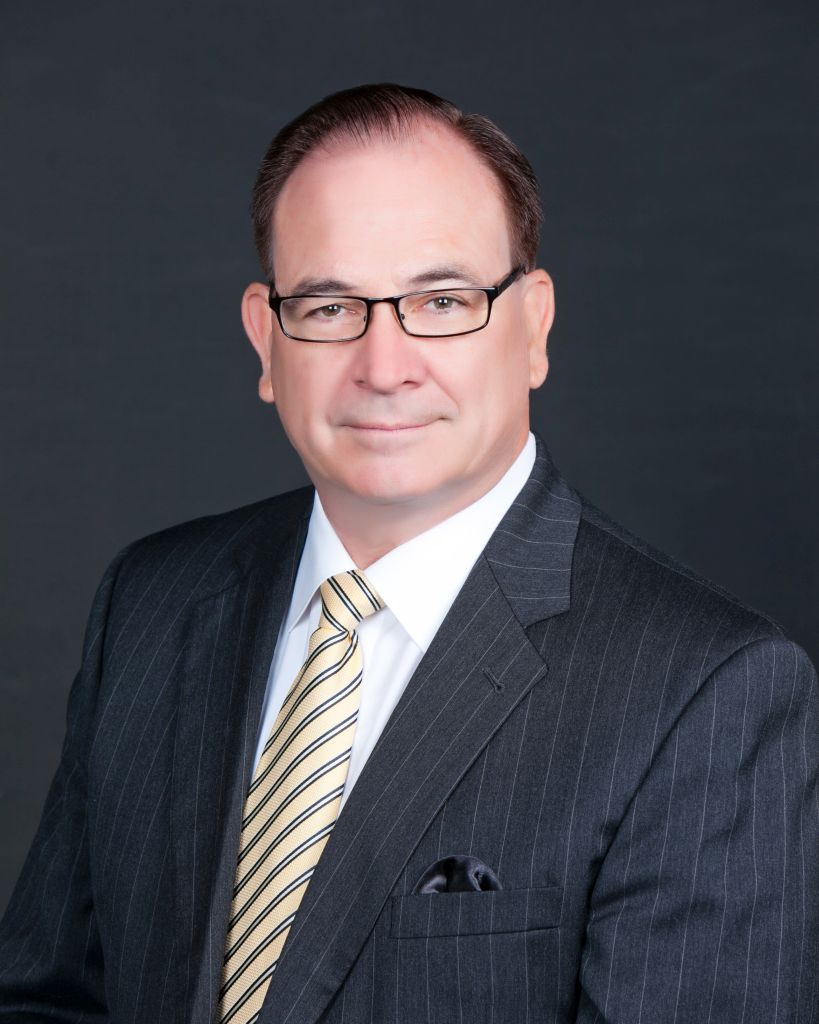Sen. Huff: People are sick of partisan politics
by Matt Fleming | January 16, 2016 5:06 am

Sen. Bob Huff
2016 started with a bit of a bipartisan bump with Senate Pro Tem Kevin de León and former Senate Republican leader Bob Huff at center stage.
When the Senate reconvened two weeks ago, de León of Los Angeles and other Democrats unveiled an initiative to provide housing for the homeless. Huff, of San Dimas, was by his side, along with Costa Mesa Republican John Moorlach.
On Monday, de León joined fellow Democratic Senator Fran Pavley and others in Los Angeles to unveil legislation in response to the Porter Ranch gas leak. And again, Huff was right there.
While California politics are nowhere near approaching a post-partisan utopia, the two bipartisan events, plus the unanimous election of Anthony Rendon, D-South Gate, to be speaker of the Assembly started the election year off with a spirit of cooperation.
“People are sick of hyper-partisan politics — the average person,” Huff told CalWatchdog in his Senate office on Wednesday. “They want to see people solve problems, they don’t care whether you’re R or D.”
Win-Win
Besides achieving policy goals, there are mutual benefits to working together. De León — who was not available for comment — can show his pragmatic side by reaching across the aisle to address a Democratic priority. And Huff can expand his appeal and the Republican brand, which could help both his party in 2016 and himself in his race for Los Angeles County supervisor — where the homeless population has increased 12 percent[1] over the last two years.
“It’s a win-win for both of them, with the added benefit of accomplishing sound policy,” said Democratic political consultant Steve Maviglio, noting that the 40-member Senate is often chummy. “Personal relationships matter. You’re seeing an extension of that cordial relationship play out now with these initiatives.”
With Democrats outnumbering Republicans in both chambers by a wide margin and with Republicans steadily losing registered voters every year, any gains achieved through bipartisanship would aid Republicans greatly.
“I think it’s a recognition that there has to be something more to Republicanism than opposition to tax increases,” said John J. Pitney, a Republican operative-turned-academic at Claremont McKenna College. “That’s all well and good, but if you want to expand the party’s appeal, you have to frame it in a way that voters outside the base are going to respond to.”
Walking the Line
And that’s the fine line Republicans must delicately walk — balancing bipartisan legislating with fealty to principles. According to Huff, the homeless initiative — which would repurpose existing funds to provide housing for some homeless — could help people while saving money and providing an opportunity to examine existing regulations and policies that may contribute to the rise in homelessness. “But in the meantime, you’ve got to deal with the reality that you’ve got tents popping up everywhere, and those are the ones fortunate enough to have tents,” Huff said.
Huff said that he hadn’t seen the details of the proposal yet, but liked the principles and said he’d like to work with the majority when possible.
“When you are the minority party and you can agree with the majority party, it’s easier to shape things and get things done then to say no,” Huff said, adding “I was a part of the party of ‘no’ in the beginning and I wanted to become more of a part of the party of solutions.”
Moorlach, who stood with Huff at the unveiling of the homeless initiative, is interested in solutions that don’t increase spending, but he is also reluctant to fully embrace the initiative until more details are provided. For him, the press conference was about learning about the proposal.
“The Senator helped repurpose similar funding in Orange County to improve homeless housing,” said Moorlach spokesman Tim Clark in an email. “For him, its a way to ensure that funds already appropriated are actually producing a measurable result.”
“We are about to begin a new chapter in the history of the Assembly,” Mayes said on the Assembly floor. “Why would we want to make the very first action in this new era an empty partisan exercise? Doing so would not serve the house or the state well. It would just be more of the same.”
Although he’s yet to be sworn in, Republicans are hoping that Rendon is someone they can work with, said Pitney, adding that a “purely partisan stance isn’t going to work,” given that in the last eight years, Republicans have slipped from 34.2 percent of registered voters to 28 percent.
“Without abandoning principles, they have to find a way of making sure the ‘R’ is not the scarlet letter,” Pitney said. “Working with someone like Rendon, who’s liberal but also a thoughtful and practical guy, that’s something that makes sense.”
- has increased 12 percent: http://www.latimes.com/local/lanow/la-me-ln-homeless-count-release-20150511-story.html
Source URL: https://calwatchdog.com/2016/01/16/sen-huff-people-sick-partisan-politics/